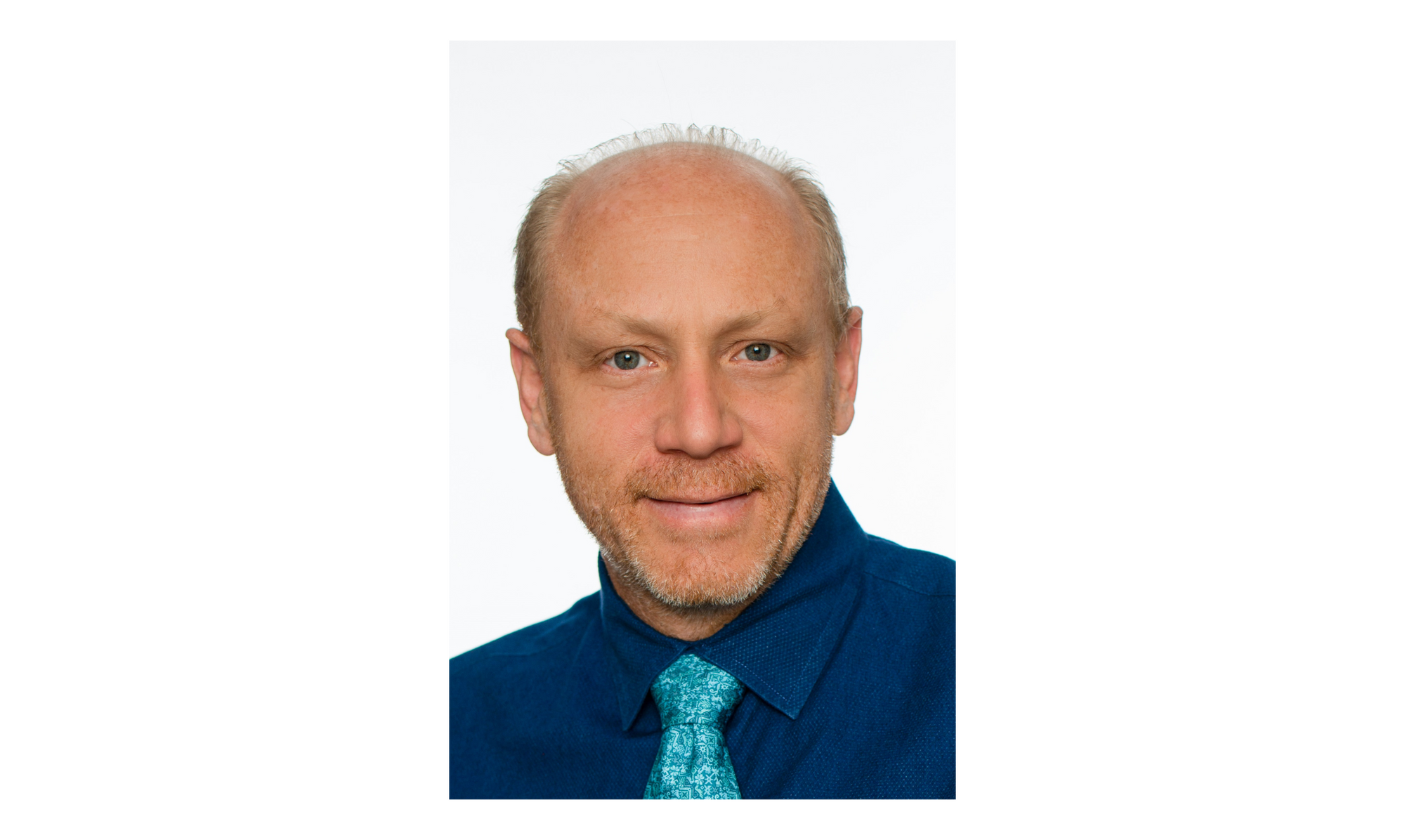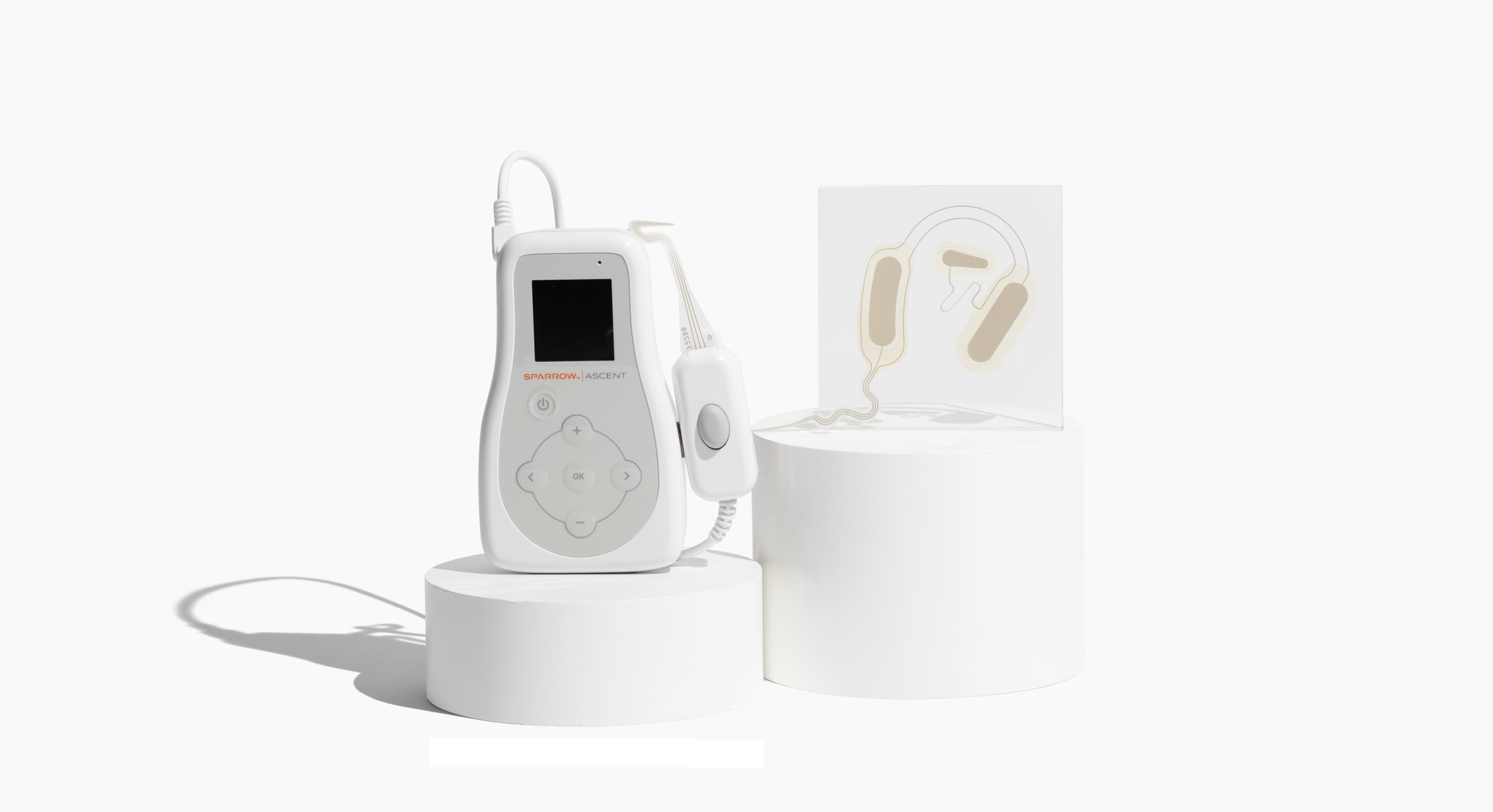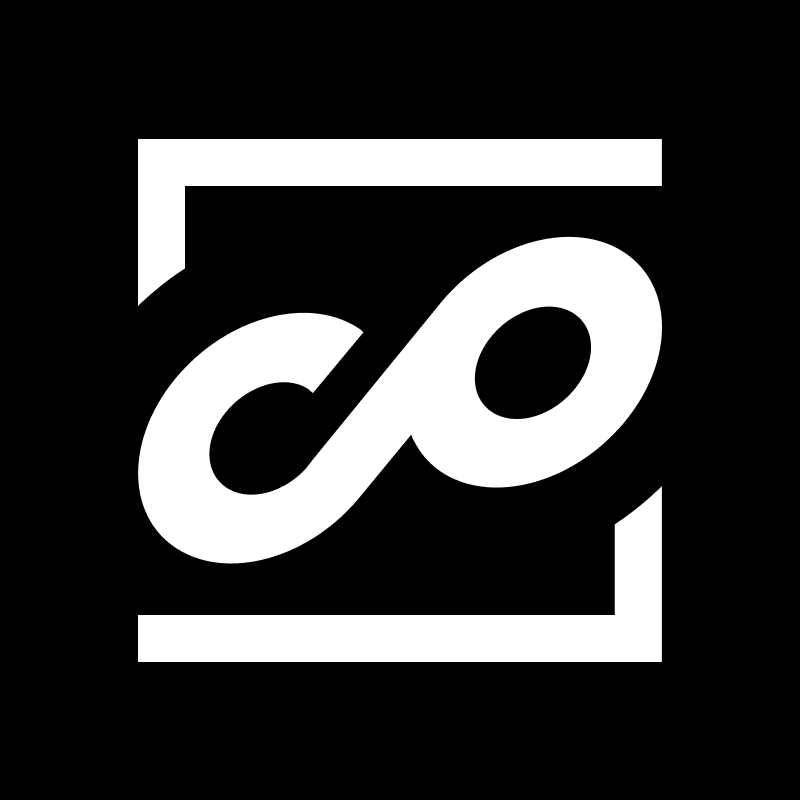Drug-Free Treatment for Opioid Withdrawal - Spark Biomedical

Interested in starting your own entrepreneurial journey in health and wellness but unsure what to expect? Then read up on our interview with Alejandro Covalin, Chief Technology Officer of Spark Biomedical, Inc., located in Dallas, TX, USA.
What's your business, and who are your customers?
Spark Biomedical, Inc. is a leading U.S.-based wearable neurostimulation solutions developer devoted to the life-saving work of helping 36.3 million people worldwide overcome withdrawal, heal from addiction, and achieve the better quality of life they deserve. With opioid-related misuse and overdose deaths on the rise, the company’s mission is to eliminate opioid addiction by working to address the full opioid addiction lifecycle, including withdrawal management, opioid-sparing, relapse prevention, and PTSD/trauma abatement.
Spark Biomedical is helping patients take the first step of overcoming acute opioid withdrawal with its FDA-cleared wearable technology, the Sparrow Therapy System — Transcutaneous Auricular Neurostimulation (tAN®) for Opioid Withdrawal Relief. Sparrow™ Therapy provides an easy, safe, and effective drug-free treatment option supported by clinical evidence. The next steps are underway with the launch of two NIDA-funded clinical trials to improve adult relapse rates and help infants suffering from Neonatal Opioid Withdrawal Syndrome (NOWS). Our next-generation system, the Sparrow Ascent™ (picture included), is planned for release later this year, pending FDA clearance.
Spark Biomedical works primarily with In-patient, Out-patient, and home-based Opioid Use Disorder (OUD) treatment facilities across the US to deliver a safe, comfortable, drug-free opioid withdrawal treatment option.

Tell us about yourself
I have always enjoyed developing processes, as well as designing and making machines and devices. I started my professional carrier in the forestry industry, designing and building large machines for processing and handling material. After about seven years of doing that, I felt the need to do something more meaningful to me. I wanted to get into the medical field and use my time to design and develop devices that could make a difference in people’s lives. I have always been intrigued and fascinated by our brain and how it processes and interprets the information we perceive, so when I heard about the field of neural engineering, my aim was set. I quit my job and went back to school. I received my Ph.D. in neural engineering from UCLA in early 2006. Since then, I have been working in the medical device and pharma field. I had been involved in several neuromodulation startups before starting Spark, but some of them failed. When the opportunity to start Spark arose in mid-2018, it was the experience from those failures that allowed me to quickly realize what elements had been missing before, and it became clear to me that I was in the right place at the right time and with the right people. We have started to make a difference. However, there is still a lot left to do to realize the potential Spark has. Every day I am motivated by Spark’s tremendous potential to help people in need by disrupting the opioid-addiction treatment market; it is this potential that fuels my every day at work.
What's your biggest accomplishment as a business owner?
Before answering this question, let me describe the context under which Spark operates. Being a medical device company, Spark operates in a heavily regulated environment. It is clear that regulations are there to protect the public and to ensure that companies like ours, amongst others in the healthcare space, produce safe and effective products. Thus, by no means would I say the regulation in our industry is a bad thing; on the contrary, however, being heavily regulated comes at a price. This price is the cost we, the medical device manufacturers, must pay both in time and resources to make sure we comply with all applicable regulations. There is also a cost to the public, in the sense that new therapies may take a long time to hit the market and, thus, a long time before people that could benefit from these new therapies can actually benefit from them.
Operating within this environment, I can, without a doubt, say that my biggest accomplishment, along with my two co-founders, Daniel Powell and Navid Khodaparast, was the efficiency, speed, and frugality with which we were able to produce, test, and launch our first generation device to market. We went from a back-of-the-napkin idea at a restaurant to founding the company, raising funds, producing clinical devices, running a clinical trial, and getting FDA clearance in less than two and a half years.
What's one of the hardest things that comes with being a business owner?
Like any other startup, a medical startup has a limited window of opportunity. This limited window of opportunity turns the startup experience into a rollercoaster. One day everything points to success, and the next, you are afraid that you will not be able to get things done before your window closes. In a startup, people leave their jobs to join, and investors put their money in because they believe in your vision and your abilities to execute that vision. Having that load on your shoulders, I found that one of the hardest things when starting a company is the actual thing that is needed to make it succeed, that is, to remain focused on what you need to do to get things done even when things look like you may not make it.
What are the top tips you'd give to anyone looking to start, run and grow a business today?
- Set your expectations right. Setting realistic expectations can help mitigate the frustrations of getting a startup off the ground. Additionally, since setting realistic expectations results in less frustration, it helps with having greater endurance, and believe me, endurance is precious when you are trying to disrupt the market.
- Be humble. You cannot do it alone, and you are certainly not always right. Know your limitations and bring in the right people to fill in the experience and knowledge gaps. Whether or not you agree with them, always consider the team’s opinions; they want the same thing as you do for the company to succeed. Having a good team is crucial, and it is not easy to put one together, especially with the limited resources most startups have. You need to be ready to give equity away; it is an investment in human capital. It is better to own a lower percentage of a successful business than to own 100% of one that fails.
- Do not be risk averse, be prepared and ready to jump. You cannot know when the right opportunity will present itself, you need to be ready for it to see it, and you need to be bold to take it. Keep in mind that to succeed, you need to be open to failure; that is, you need to be willing to take risks.
Where can people find you and your business?
Website: https://www.sparkbiomedical.com/
Facebook: https://www.facebook.com/sparkbiomed
Instagram: https://www.instagram.com/sparkbiomed/
Twitter: https://twitter.com/sparkbiomedical
LinkedIn: https://www.linkedin.com/company/spark-biomedical-llc/
If you like what you've read here and have your own story as a solo or small business entrepreneur that you'd like to share, then please answer these interview questions. We'd love to feature your journey on these pages.
Turn your craft into recurring revenue with Subkit. Start your subscription offering in minutes and supercharge it with growth levers. Get early access here.
